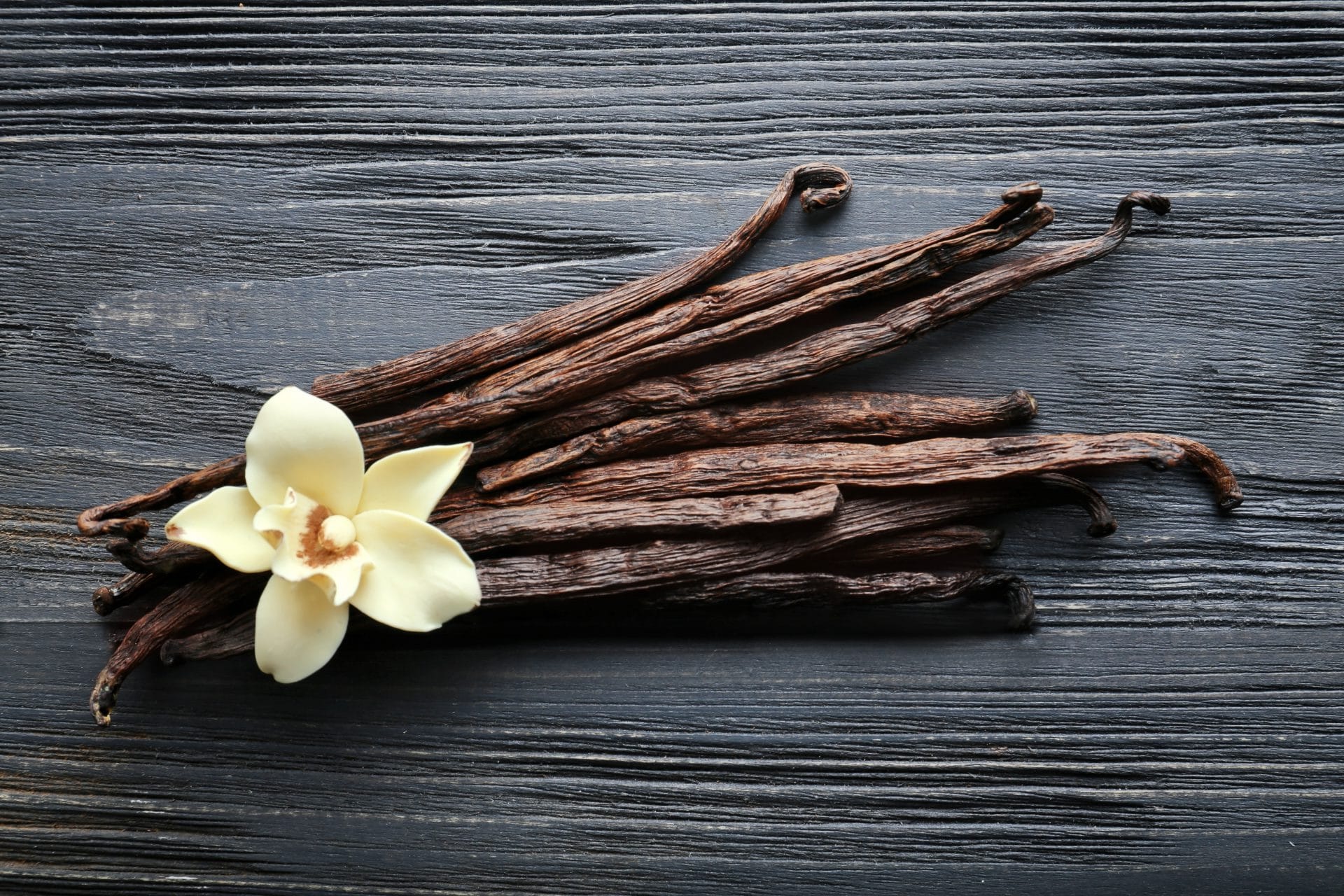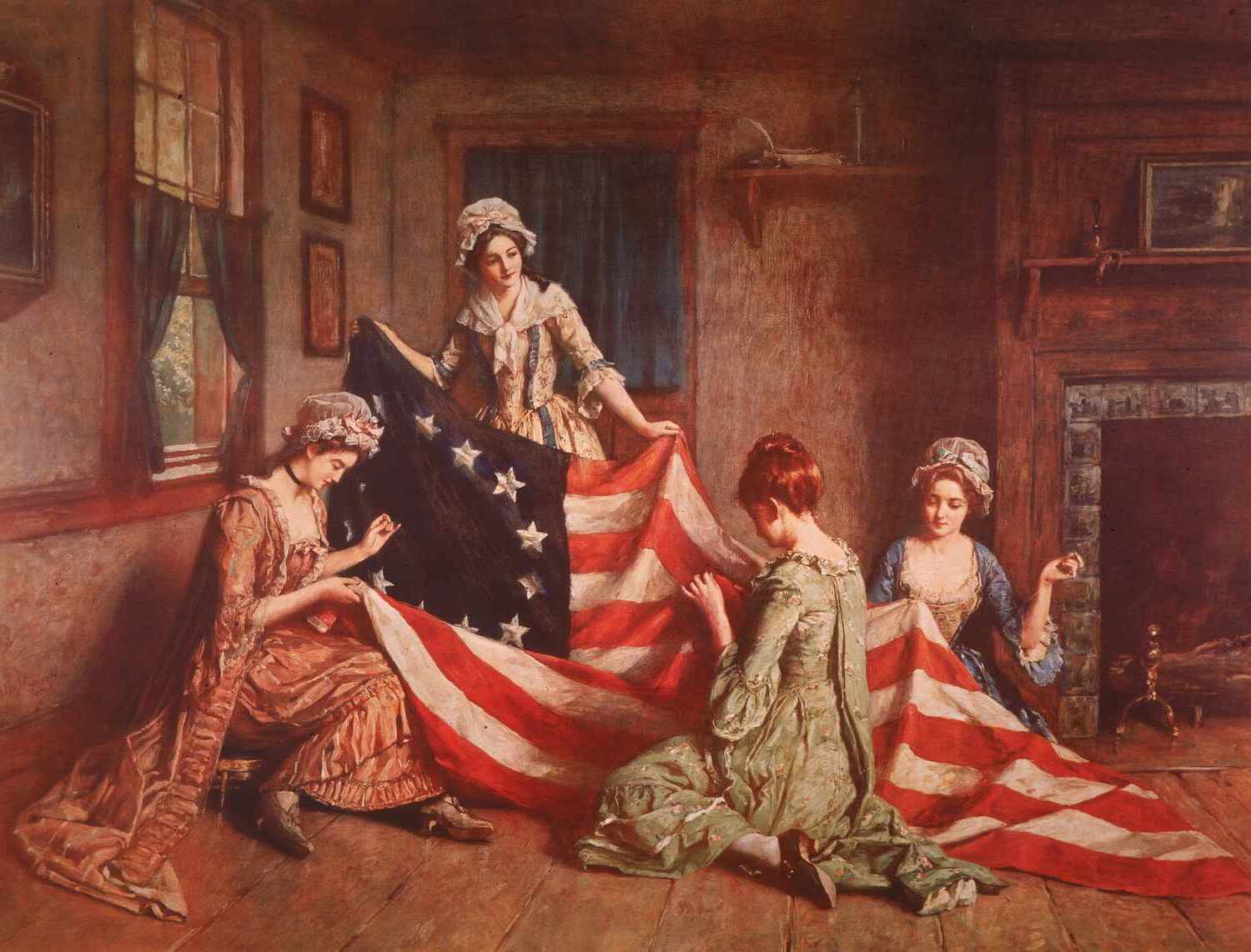
Vanilla beans are more than just a flavor powerhouse in your favorite desserts. They pack a surprising nutritional punch that can benefit your health in various ways. Did you know that vanilla beans contain antioxidants, vitamins, and minerals? These tiny pods can help reduce inflammation, improve mental health, and even aid digestion. Whether you're a foodie or just curious about what goes into your treats, understanding the nutritional value of vanilla beans can add a new layer of appreciation. Let's dive into 28 amazing facts about these versatile, aromatic beans that might just change how you see your next scoop of vanilla ice cream!
Vanilla Bean Basics
Vanilla beans are more than just a flavoring for desserts. They come from orchids of the genus Vanilla and have a rich history and nutritional profile.
- Vanilla beans are the fruit of the Vanilla planifolia orchid, native to Mexico.
- Each vanilla bean pod contains thousands of tiny seeds, which contribute to its flavor.
- Vanilla is the second most expensive spice in the world, after saffron.
- The beans are harvested by hand, making the process labor-intensive and costly.
Nutritional Content of Vanilla Beans
Vanilla beans are packed with nutrients that can benefit your health in various ways. Let's dive into the nutritional aspects.
- Vanilla beans are low in calories, with just 12 calories per teaspoon of extract.
- They contain small amounts of essential minerals like calcium, magnesium, and potassium.
- Vanilla beans are rich in antioxidants, which help combat free radicals in the body.
- They also contain trace amounts of B vitamins, including niacin, thiamin, and riboflavin.
Health Benefits of Vanilla Beans
Vanilla beans offer several health benefits beyond their delightful flavor. Here are some ways they can improve your well-being.
- The antioxidants in vanilla beans can help reduce inflammation and protect against chronic diseases.
- Vanilla has been shown to have antibacterial properties, which can help fight infections.
- The scent of vanilla can have calming effects, reducing stress and anxiety.
- Vanilla extract may help improve digestion by increasing the production of digestive enzymes.
Vanilla Beans in Culinary Uses
Vanilla beans are a versatile ingredient in the kitchen. They can be used in various dishes to enhance flavor and aroma.
- Vanilla beans are commonly used in baking, adding a rich, sweet flavor to cakes, cookies, and pastries.
- They can be infused into liquids like milk or cream to make vanilla-flavored beverages and desserts.
- Vanilla beans are often used in savory dishes, such as sauces and marinades, to add depth of flavor.
- The seeds can be scraped from the pod and added directly to recipes for a more intense vanilla taste.
Vanilla Bean Extract and Its Uses
Vanilla bean extract is a popular way to incorporate vanilla flavor into recipes. It has its own set of benefits and uses.
- Vanilla extract is made by soaking vanilla beans in alcohol, which extracts the flavor compounds.
- It is a convenient and long-lasting way to add vanilla flavor to recipes without using whole beans.
- Vanilla extract can be used in both sweet and savory dishes, making it a versatile ingredient.
- It is often used in homemade beauty products, such as lotions and perfumes, for its pleasant scent.
Vanilla Bean Production and Sustainability
The production of vanilla beans has a significant impact on the environment and local communities. Understanding this can help make more informed choices.
- Vanilla farming provides livelihoods for thousands of small-scale farmers in tropical regions.
- Sustainable vanilla farming practices can help protect the environment and ensure the long-term viability of vanilla production.
- Fair trade vanilla supports ethical labor practices and helps improve the quality of life for farmers.
- Organic vanilla farming avoids the use of synthetic pesticides and fertilizers, promoting healthier ecosystems.
Fun Facts About Vanilla Beans
Vanilla beans have a fascinating history and some interesting trivia that you might not know.
- The Totonac people of Mexico were the first to cultivate vanilla, using it in rituals and as a flavoring.
- Vanilla was introduced to Europe by Spanish conquistadors in the 16th century.
- The word "vanilla" comes from the Spanish word "vainilla," meaning "little pod."
- Vanilla beans can take up to three years to grow and cure before they are ready for use.
Vanilla Beans: A Nutritional Powerhouse
Vanilla beans pack a punch when it comes to nutrition. They’re rich in antioxidants that help fight free radicals, potentially reducing the risk of chronic diseases. Vanilla beans also contain small amounts of essential minerals like magnesium, calcium, and potassium, which support overall health. Plus, they have anti-inflammatory properties that can aid in reducing inflammation in the body.
Adding vanilla beans to your diet can enhance flavor without adding extra sugar or calories, making them a great choice for those watching their weight. They’re versatile, too—perfect for sweet and savory dishes alike. Whether you’re baking, cooking, or just looking to boost your health, vanilla beans are a fantastic option. So next time you’re in the kitchen, don’t forget to reach for this nutritional gem. Your taste buds and body will thank you!
Was this page helpful?
Our commitment to delivering trustworthy and engaging content is at the heart of what we do. Each fact on our site is contributed by real users like you, bringing a wealth of diverse insights and information. To ensure the highest standards of accuracy and reliability, our dedicated editors meticulously review each submission. This process guarantees that the facts we share are not only fascinating but also credible. Trust in our commitment to quality and authenticity as you explore and learn with us.


